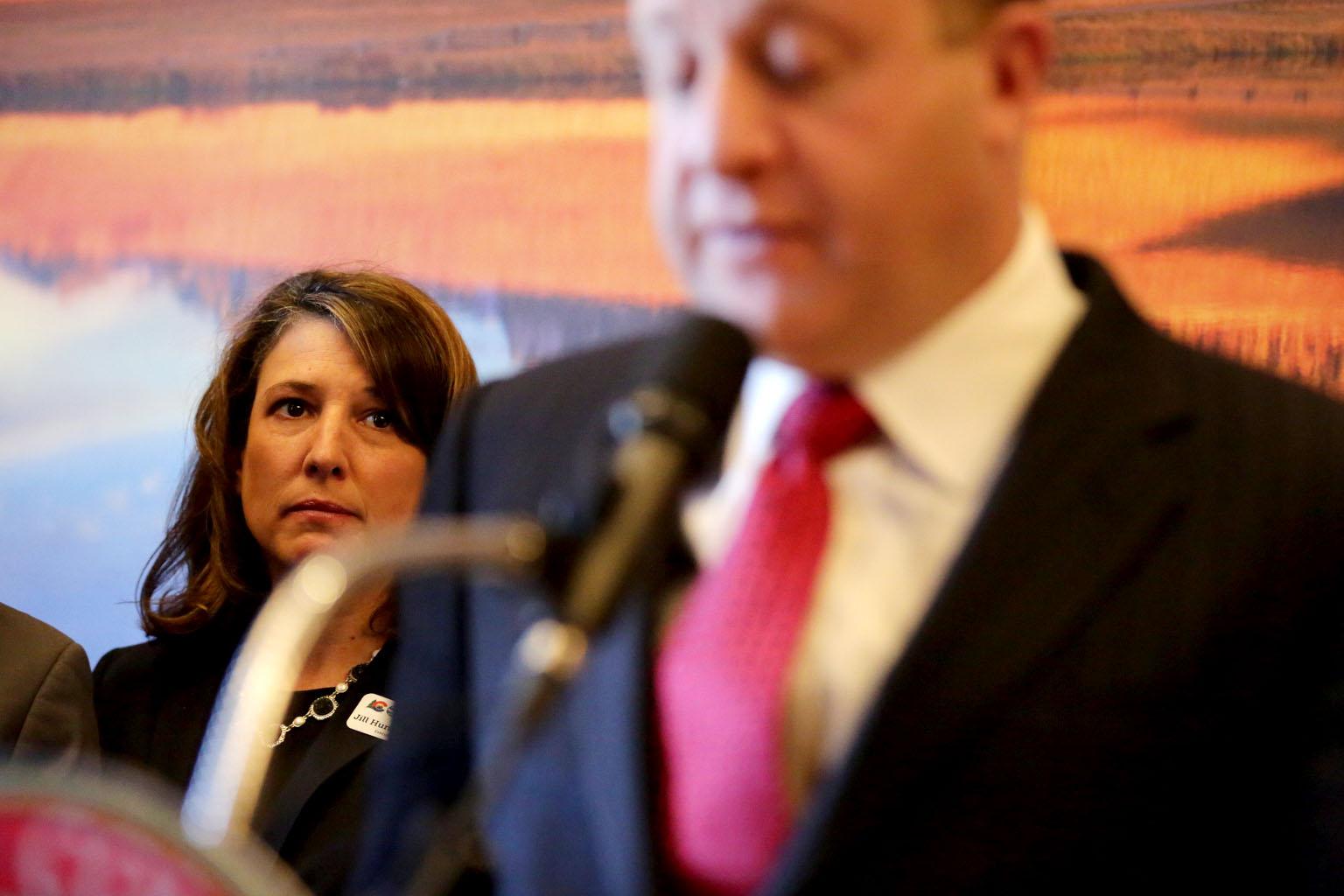
The U.S. Department of Justice has intervened in the case of a Colorado church suing to overturn Colorado’s restrictions on churches designed to limit the spread of the coronavirus.
High Plains Harvest Church in Ault, a Weld County town about a 20-minute drive north of Greeley, filed a federal lawsuit on Monday against Colorado Gov. Jared Polis and Jill Hunsaker Ryan, the executive director of the Department of Public Health and Environment.
"Today in Colorado it is perfectly legal for hundreds of shoppers to pack themselves cheek by jowl into a Lowes,” reads the complaint. “But if 50 people meet to worship God in a small rural church, they do so at the risk of being fined and imprisoned"
In a “statement of interest” filed Friday, Justice Department attorneys wrote to the court that Colorado recently allowed restaurants to seat patrons as long as it didn’t exceed 50 percent of the seating capacity, with a maximum of 50 patrons.
“Yet, the State continues to deny Plaintiffs permission to gather in a place of worship with 50 people complying with social distancing and cleaning protocols,” reads the statement of interest. “That discriminatory treatment triggers strict scrutiny review under the Supreme Court’s precedents, and it is the State’s burden to demonstrate that it has compelling reasons to treat Plaintiffs’ proposed gatherings differently than similar secular gatherings, and that it has pursued its objectives through the least restrictive means.”
The state restricts religious gatherings to no more than 10 people, though it has engaged in talks with several religions, notably the Catholic Church, to allow for services to resume with restrictions like social distancing and masks for all.
A spokesman for Polis, Conor Cahill, said the state believes they are on solid legal footing in instituting the restrictions.
"We believe our actions are Constitutional and appropriately tailored to protect public health," Cahill said.
Calls to the church for comment weren’t immediately returned. The pastor, Mark Hotaling, also named as a plaintiff on the suit “is a former Navy SEAL and a service-disabled veteran. After returning home from the Navy, Hotaling followed the Lord’s call to serve Him full-time,” according to the lawsuit.
The church’s complaint said that Hotaling went to a Lowe's Home Improvement store on May 25, and he, “observed literally hundreds of customers going in and out of the store. The parking lot was packed to near capacity, and drivers were circling in hopes of finding a parking spot.”
The state’s restrictions, “have the effect of prohibiting a gathering of 50 worshipers … while at the very same time allowing hundreds of people in the Lowes down the road.”
“The Bible commands Christians not to forsake the gathering together of believers,” reads the lawsuit.
In late April, U.S. Attorney General William Barr ordered the Justice Department to, review state and local policies to ensure that first amendment rights are protected.
“If a state or local ordinance crosses the line from an appropriate exercise of authority to stop the spread of COVID19 into an overbearing infringement of constitutional and statutory protections, the Department of Justice may have an obligation to address that overreach in federal court,” reads the memo.
Statements of interest are rarely utilized by the Department of Justice, but the department said it has an obligation to protect the rights of churches under the First Amendment.
“This case involves important questions of how to balance the deference owed to public officials in addressing a pandemic threatening the health and safety of the public with fundamental constitutional rights.”
On Friday evening, the U.S. Supreme Court sided with California in a similar case, upholding that state's restrictions on religious gatherings in the pandemic in a 5-4 decision.







